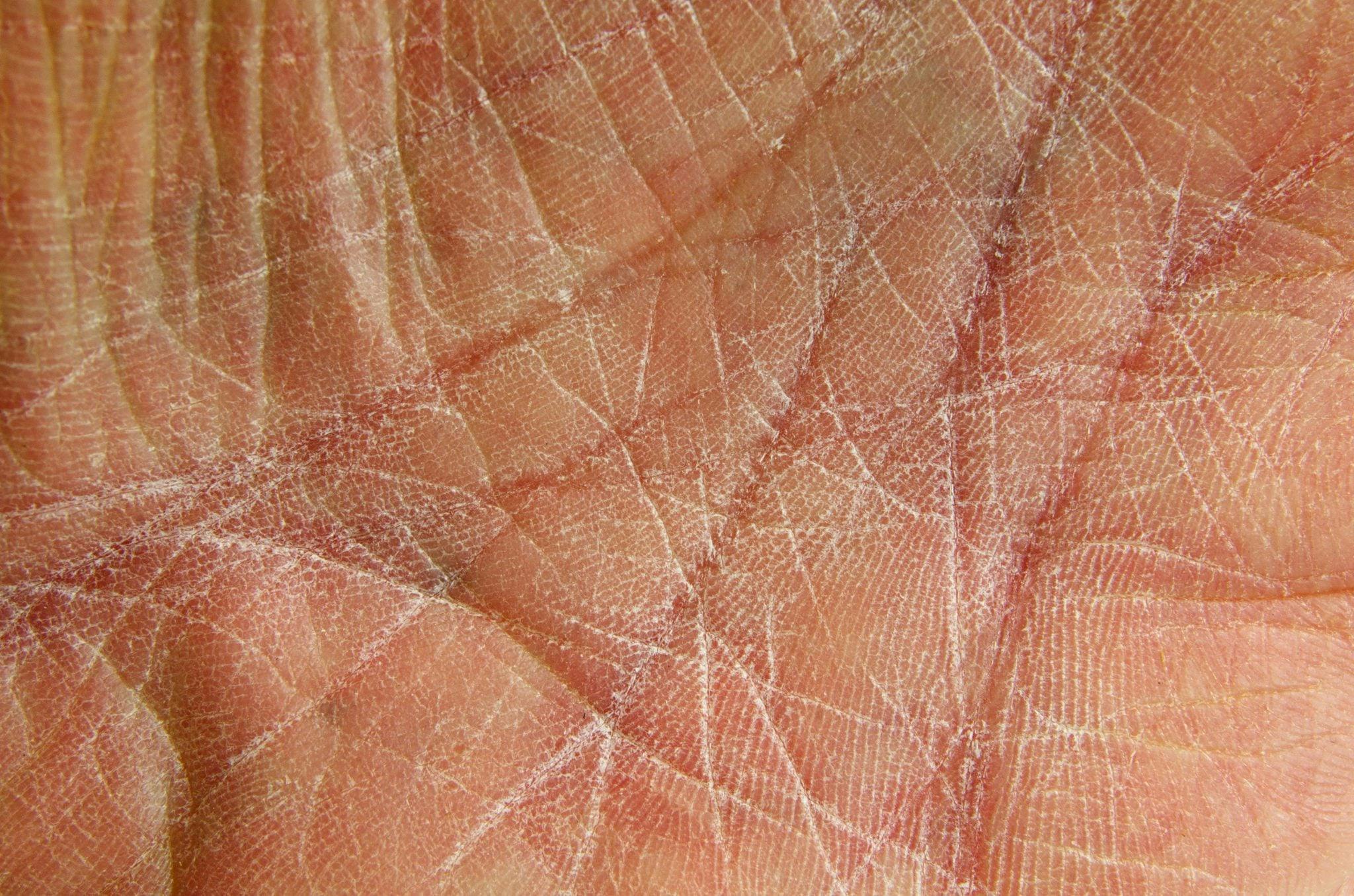Commonly used to improve the skin’s appearance on the face, neck or hands, chemical peels involve the application of a chemical solution to the skin. This solution causes your skin to exfoliate and eventually peel off, revealing new, smoother skin.
There are a few different types of chemical peels, and a few different reasons why you might (or might not) be a good candidate. Here’s everything you need to know.
Why It’s Done
Chemical peels can be done for a variety of reasons, including:
- Reduction of lines under the eyes and around the mouth
- Treatment of wrinkles caused by sun damage and aging
- Improvement of the appearance of some mild scars
- Treatment of certain kinds of acne
- Reduction of age spots, freckles and melasma (dark skin patches) caused by pregnancy or taking birth control pills
- Improvement of the look and feel of skin
- Treatment of crow’s feet
Types
There are three primary types of chemical peels:
- Superficial peel (lunchtime peel): This type of chemical peel uses alpha-hydroxy acid or another mild acid to penetrate just the outer layer of skin and exfoliate it. This treatment helps improve the appearance of mild skin discoloration or rough skin, as well as refresh the area being treated.
- Medium peel: This treatment uses glycolic or trichloroacetic acid, meant to penetrate the outer and middle layers of skin and remove damaged cells. It’s meant to improve age spots, fine lines, wrinkles, freckles and moderate skin discoloration. It’s also useful for smoothing rough skin and treating certain precancerous skin growths, such as actinic keratosis.
- Deep peel: Using trichloroacetic acid or phenol to deeply penetrate middle layers of the skin and remove damaged cells, this treatment is meant to remove moderate lines, age spots, freckles and shallow scars. It is also meant to show a major improvement in skin appearance. This treatment can be done only once, and only on the face.
Good and Bad Candidates
You might be a good candidate for a chemical peel if you’re fair-skinned or light-haired. People with darker skin can have good results as well, but are more likely to have uneven skin tone afterward. The procedure is not recommended or may have significantly lessened effects for people with any of the following conditions or circumstances:
- Infections
- Active skin disease
- Cut or broken skin
- Sunburns
- Active Herpes simplex 1 sores
- Nursing or pregnancy
- Have taken Accutane in the last six months
- Have psoriasis, eczema, dermatitis or rosacea
- Have used Retin-A, Renova, prescription skin products, products that contain ascorbic acid, bleaching or skin lightening agents or other acid-based products in the last 48 hours.
Before, During and After Treatment
Before your chemical peel, pay attention to the following areas:
- Tell your aesthetician if you have a history of scarring, recurring cold sores or facial X-rays.
- Your aesthetician may ask you to stop taking certain drugs, including skin medications and possible antibiotics or antiviral drugs.
- Work with your aesthetician to determine the depth of your peel, depending on your skin’s condition and your goals.
A chemical peel is an outpatient procedure, meaning there’s no overnight stay. During your peel, the steps of the process will go as follows:
- Your skin will be cleaned thoroughly.
- A chemical solution will be applied to small areas of your skin, creating a controlled wound that will allow new skin to take its place.
- You will likely feel a burning sensation that lasts for five to ten minutes, followed by a stinging sensation. Cool compresses on the skin may help ease stinging, and for deeper peels, pain medication might be necessary during or after treatment.
After a chemical peel, you may notice the following:
- A reaction similar to sunburn, depending on the type of peel.
- Redness, followed by scaling that will clear up within three to seven days.
- Swelling or blisters, generally after medium or deep peels. These may break, crust, turn brown and peel off over a period of seven to 14 days.
- Bandages may be required for several days after deep peels.
- You’ll be told to avoid the sun after a chemical peel.
- Certain peels may be repeated at various intervals.
Complication Risks
There are a few risks possible with chemical peels:
- Temporary or permanent change in skin color: especially for women on birth control pills, or who become pregnant or have a history of brownish facial discoloration
- Scarring
- Reactivation of previous cold sores, for people with a history of herpes outbreaks
If you’re interested in a chemical peel, your aesthetician or plastic surgeon can offer recommendations.
Our physicians are board-certified with the American Board of Plastic Surgery. We work with you toward your goals and make sure you feel comfortable throughout your cosmetic or reconstructive treatment.
Sources:
“Chemical Peels.” American Society for Dermatologic Study. https://www.asds.net/ChemicalPeelsInformation.aspx
“Chemical Peels and Your Skin.” WebMD. http://www.webmd.com/beauty/cosmetic-procedures-chemical-peel-treatments#1






